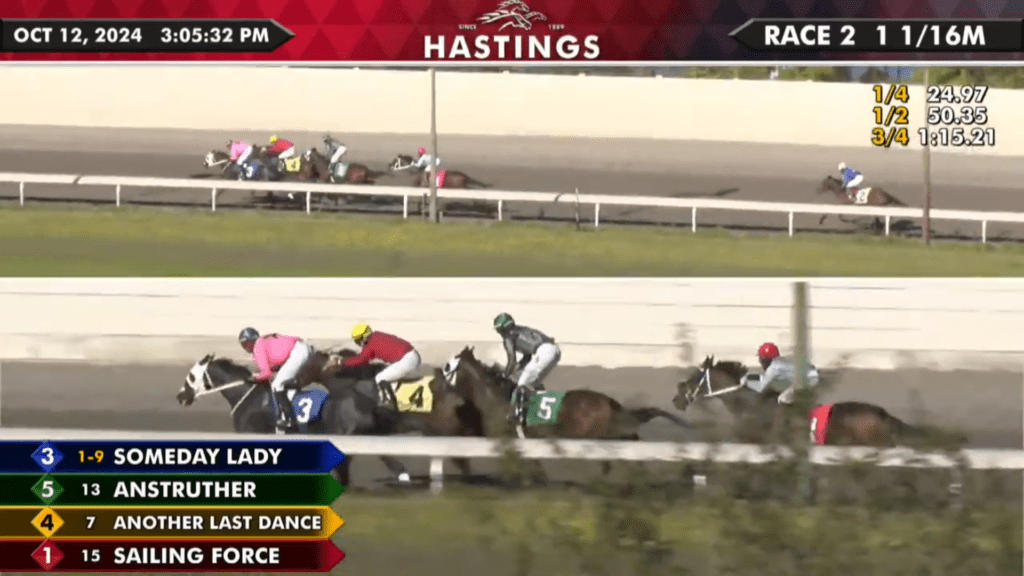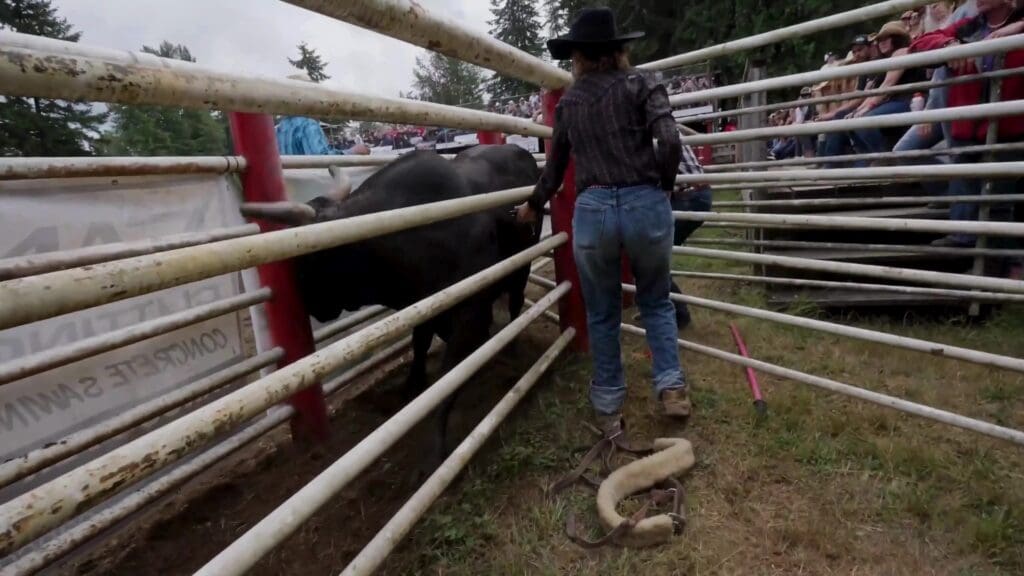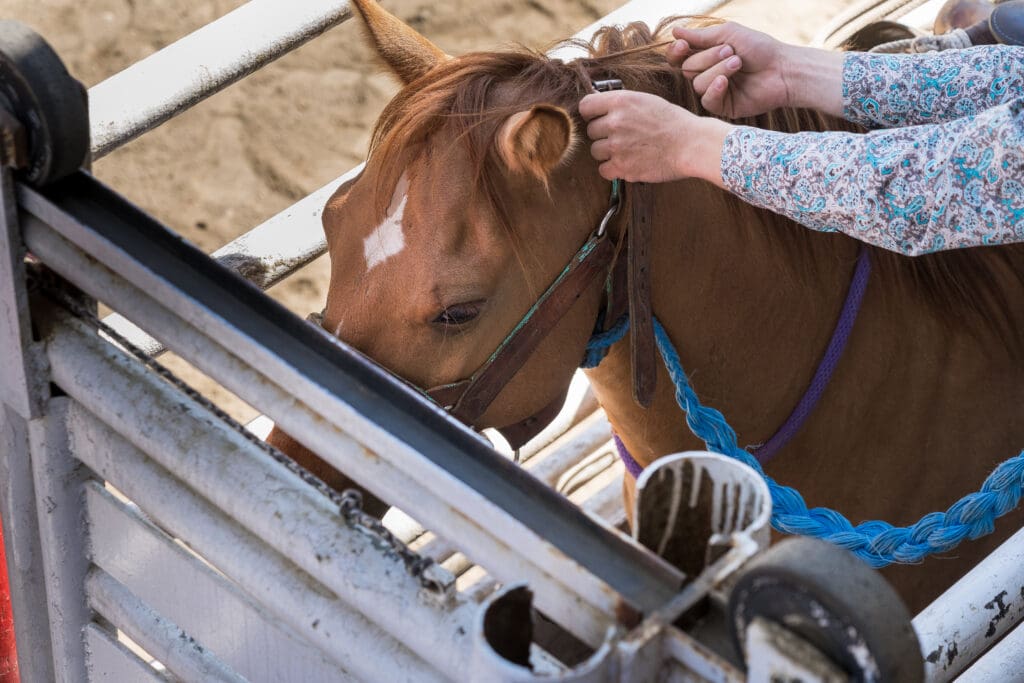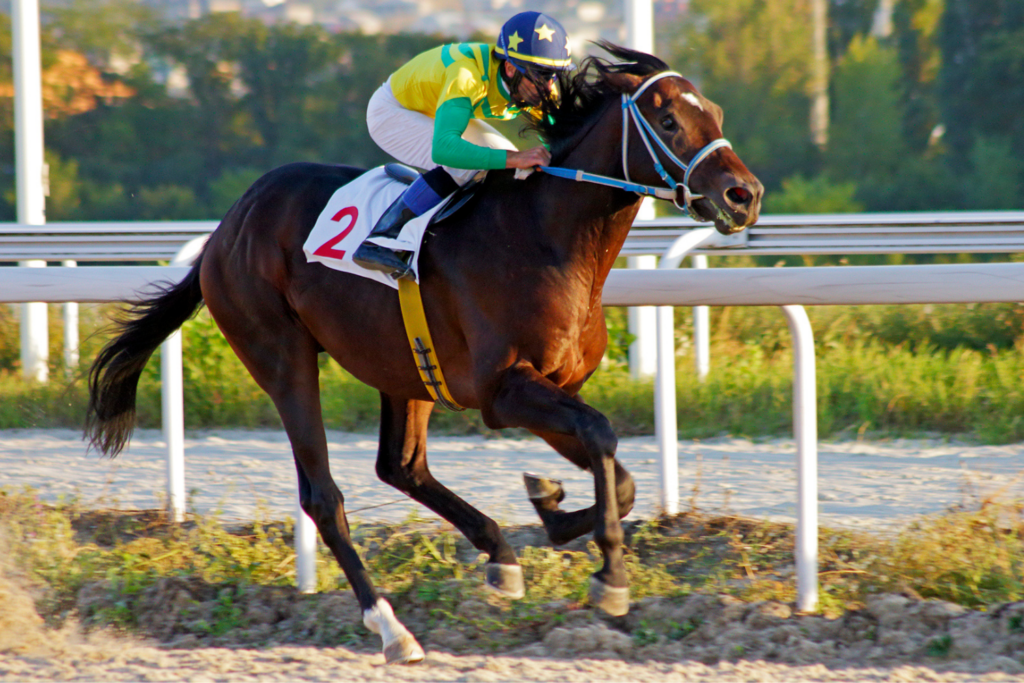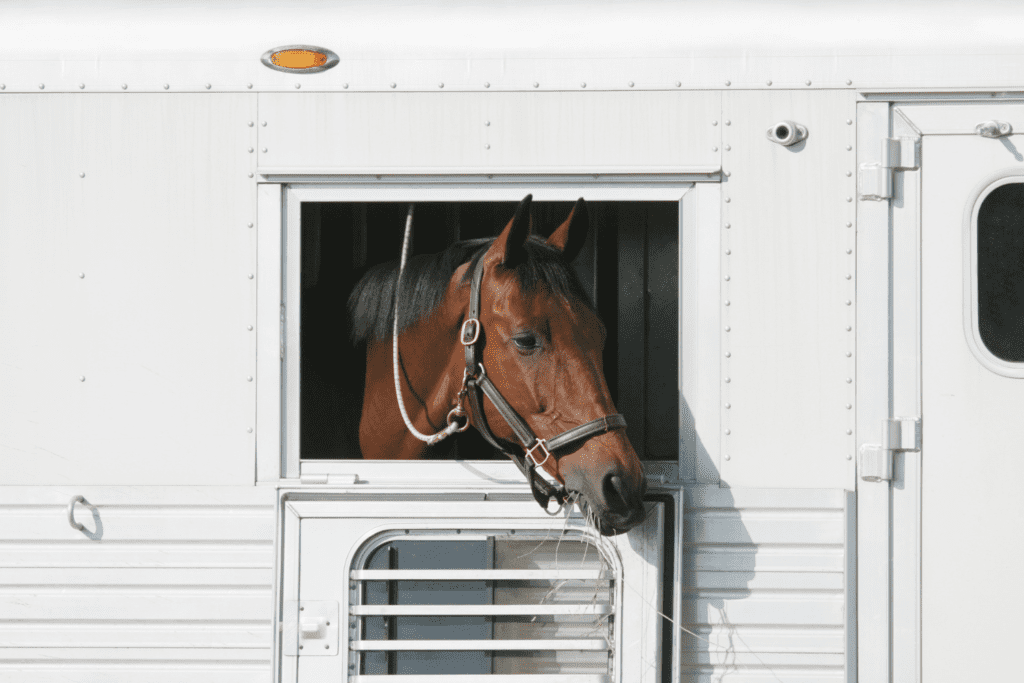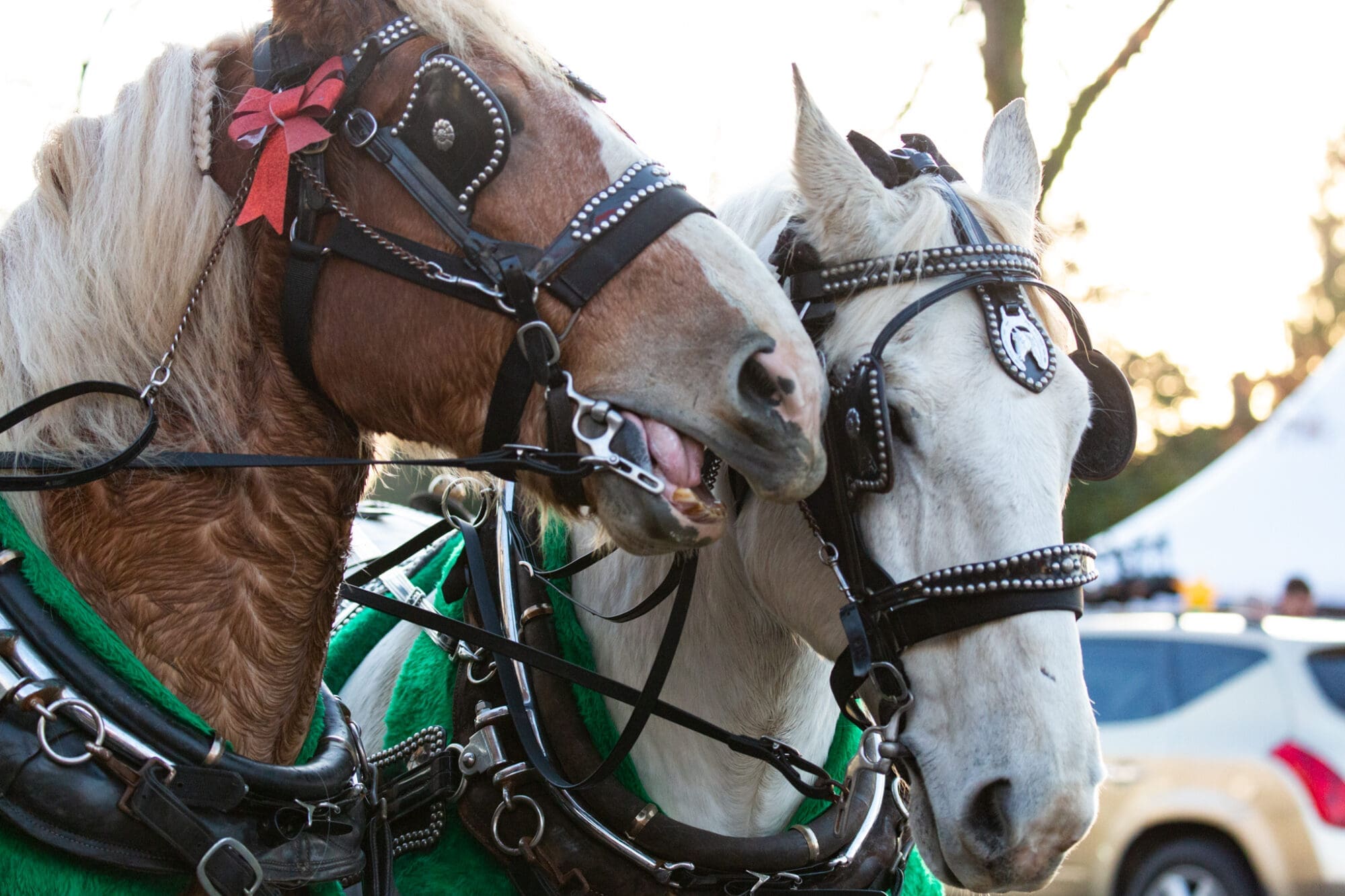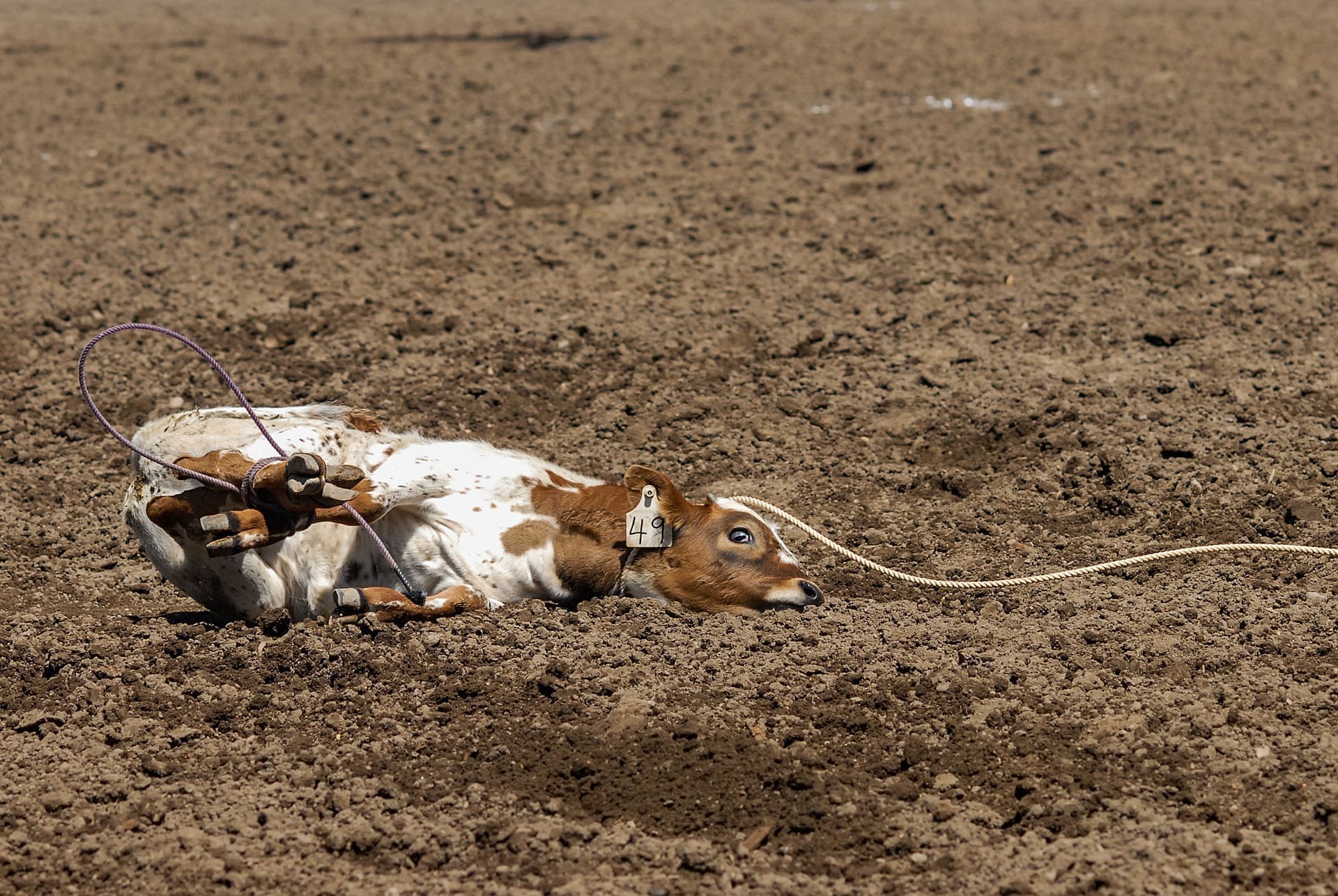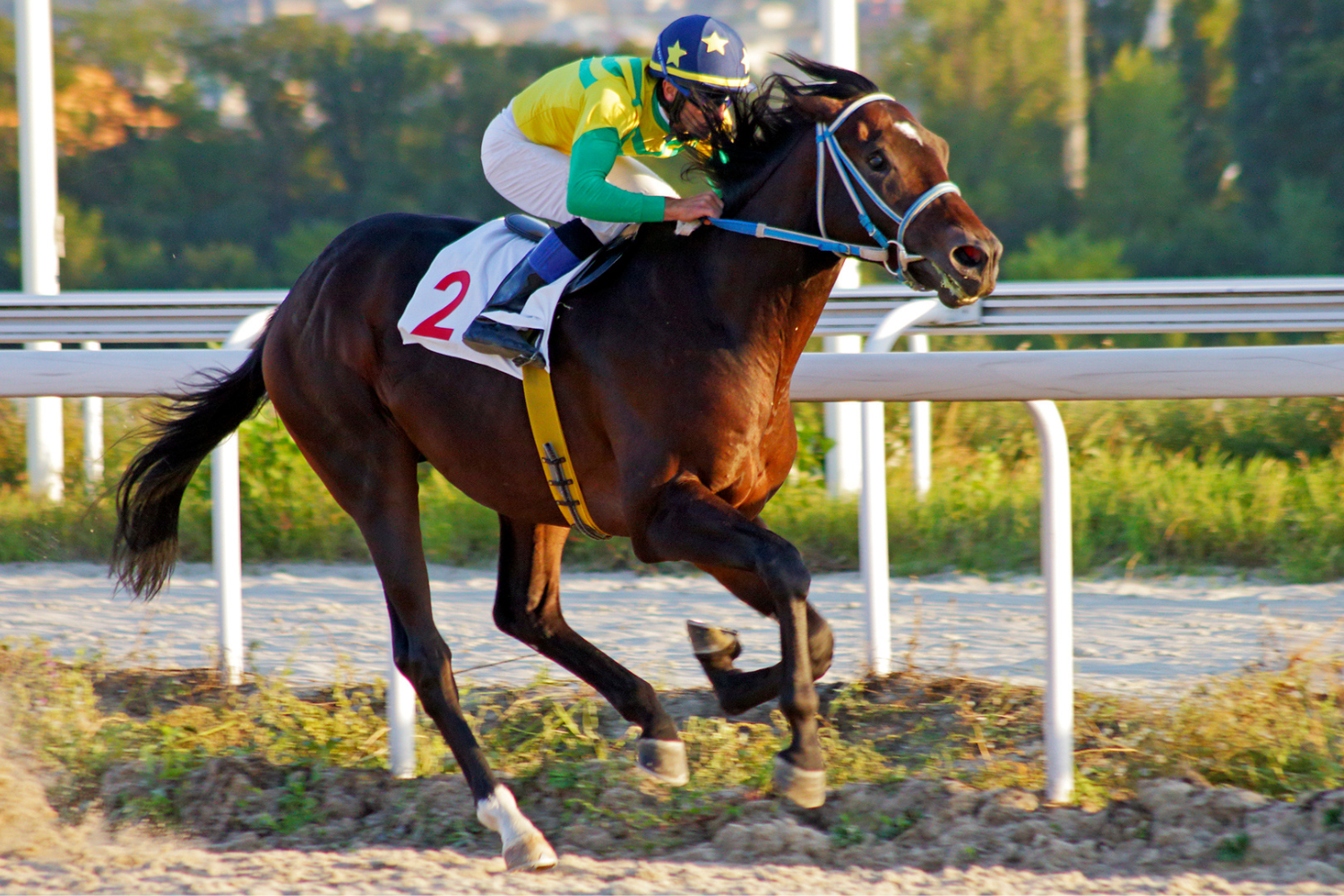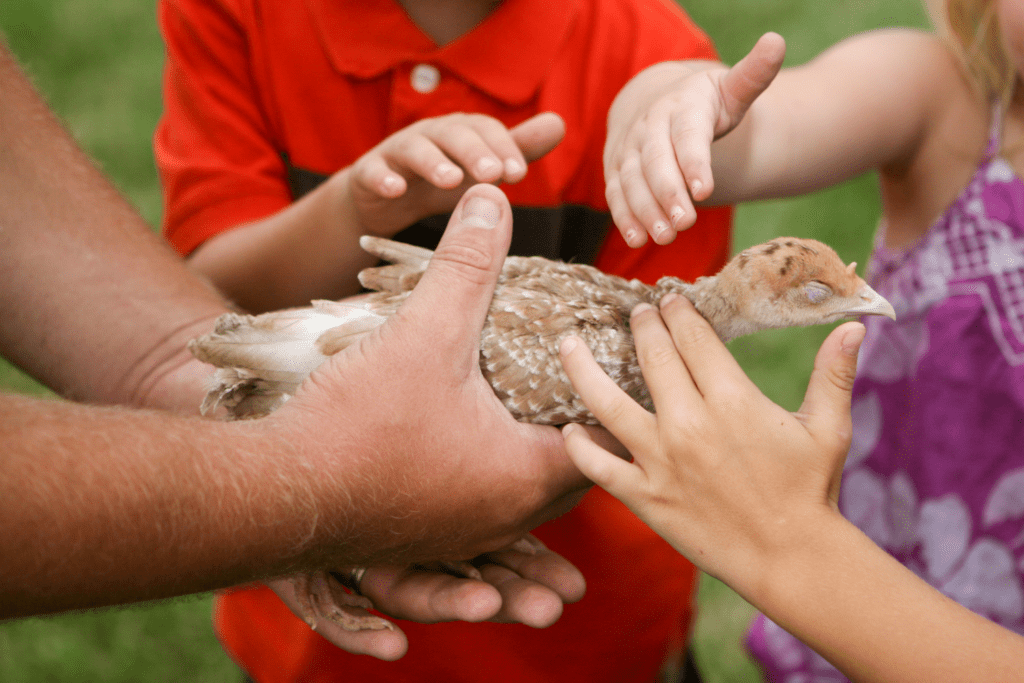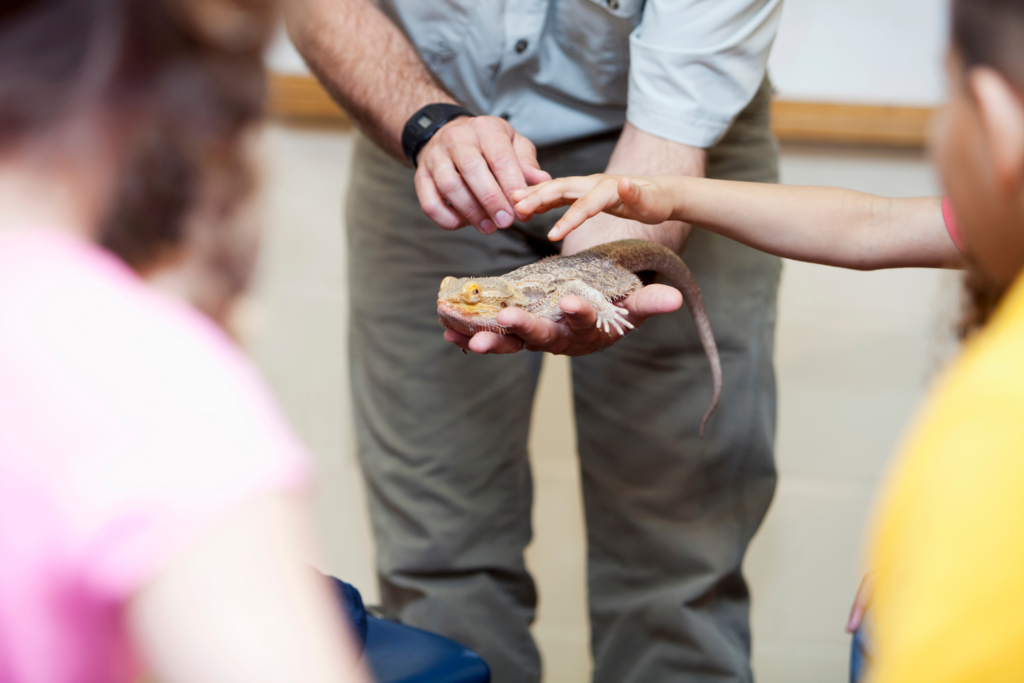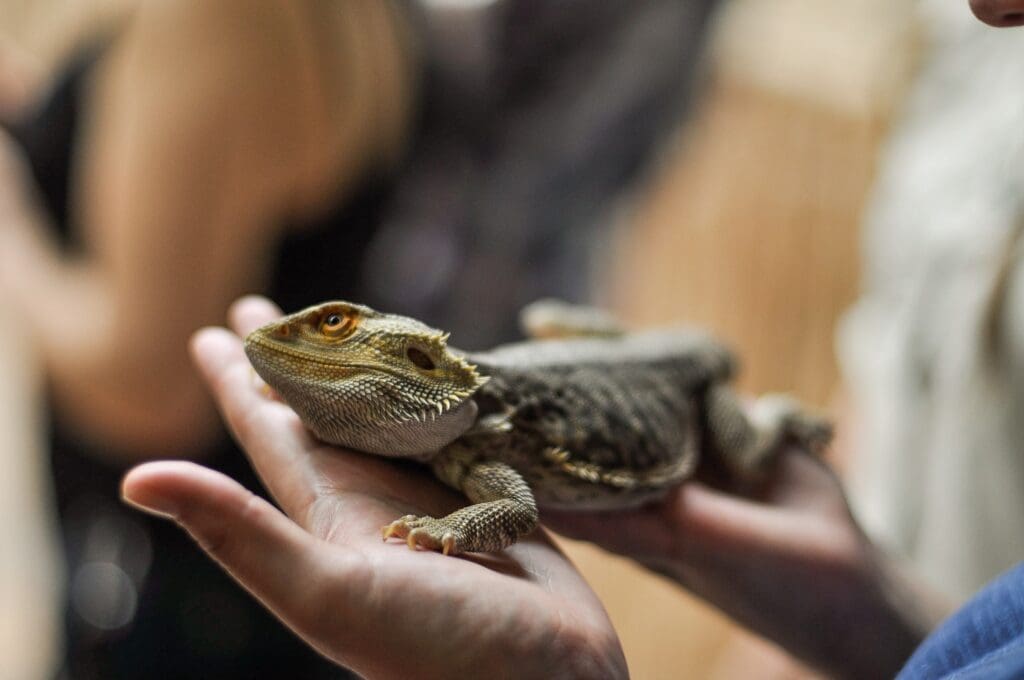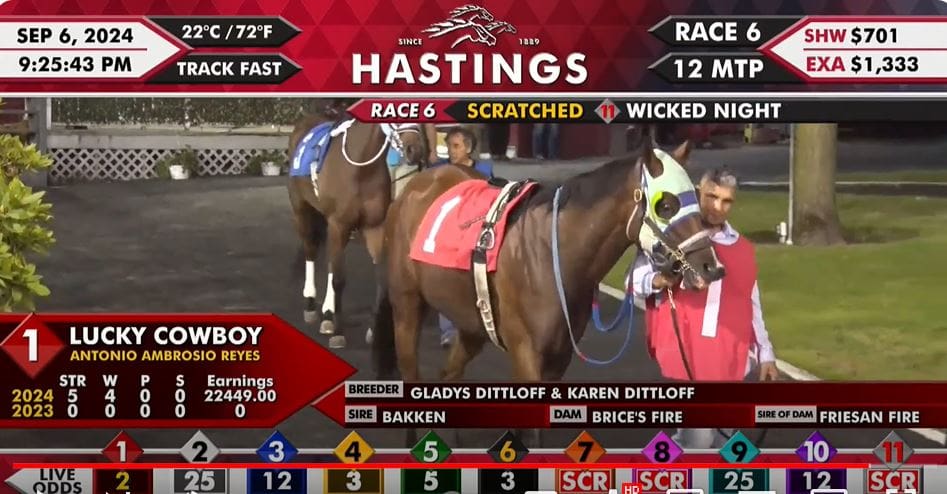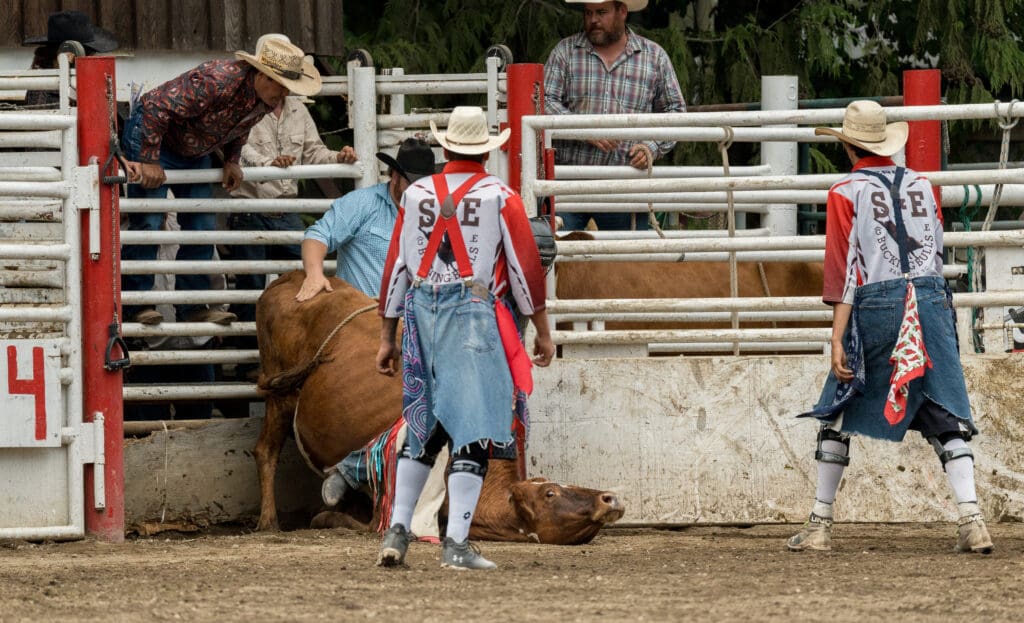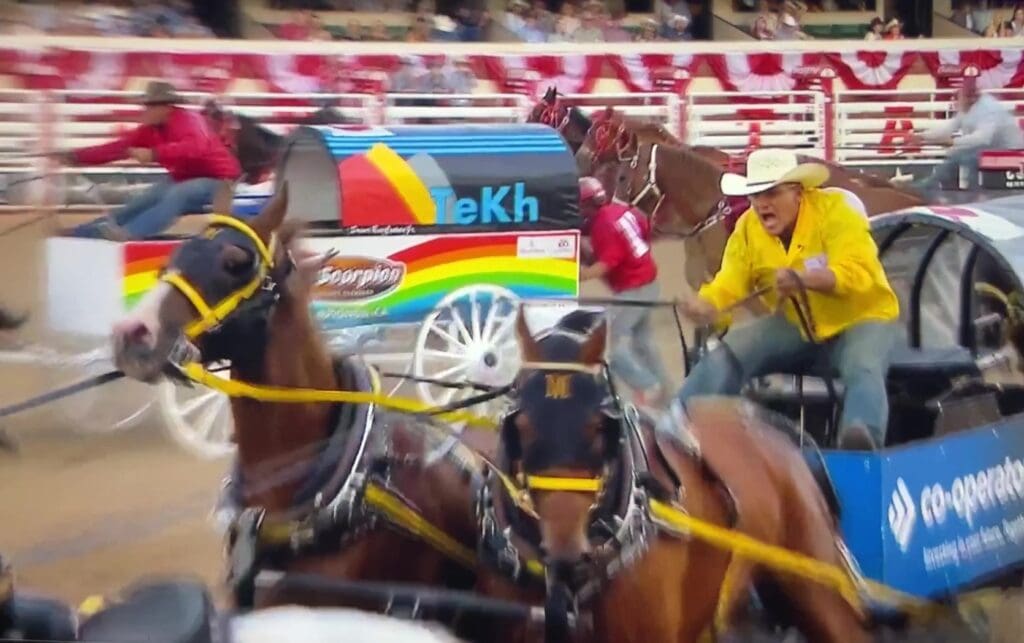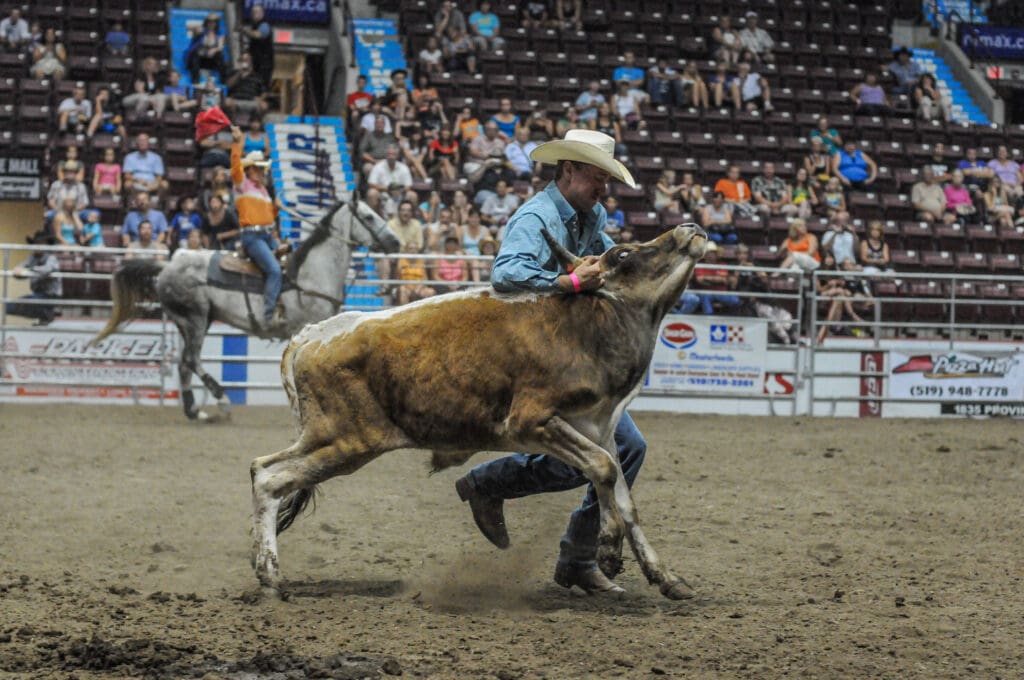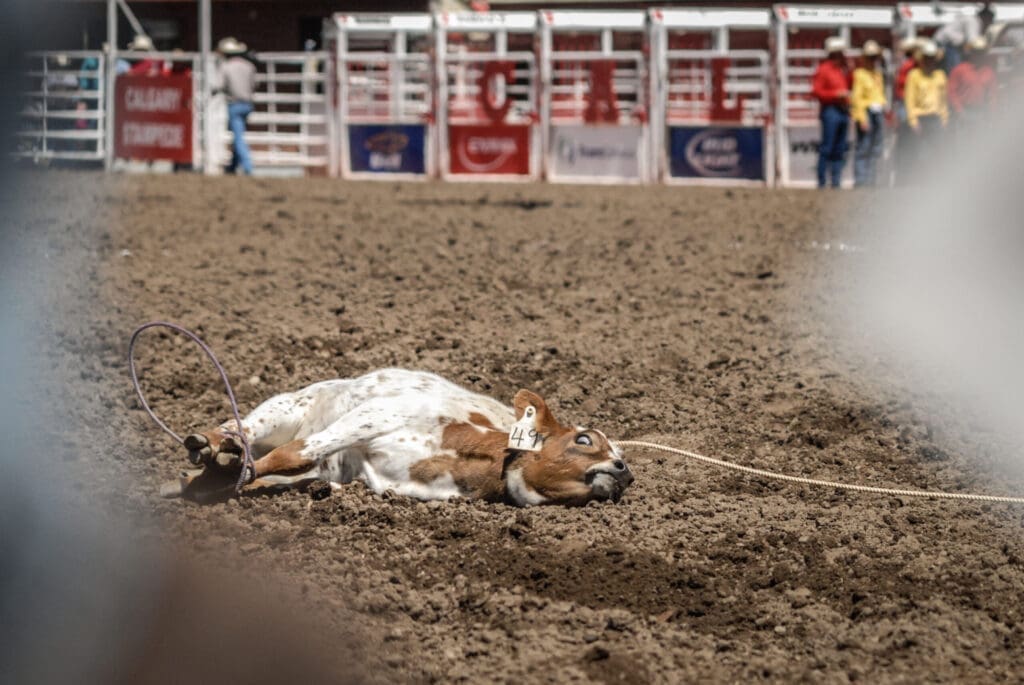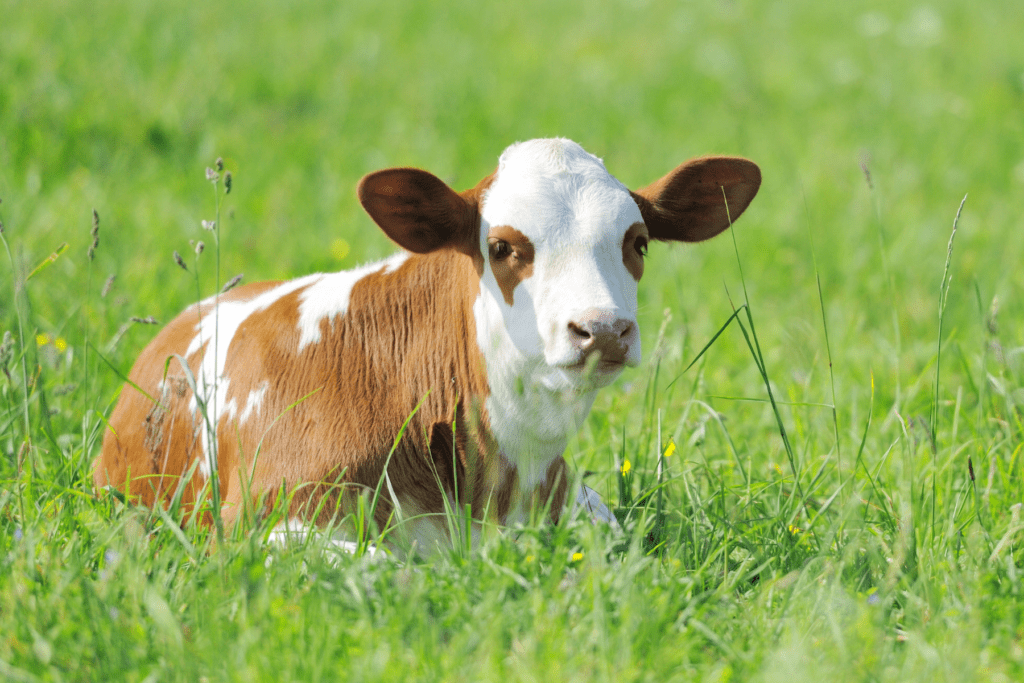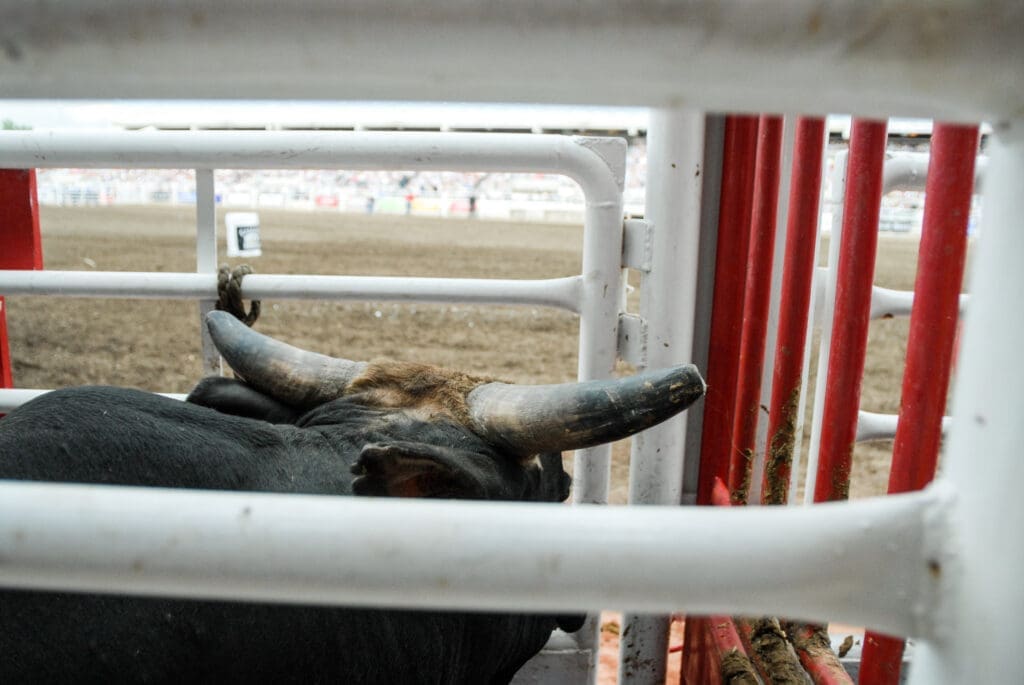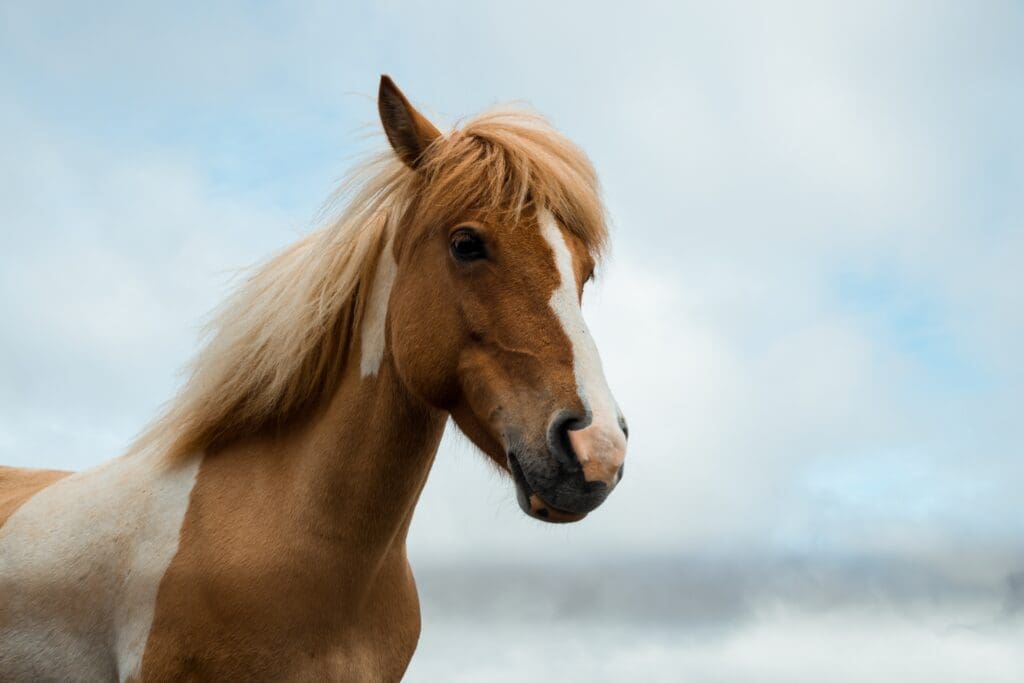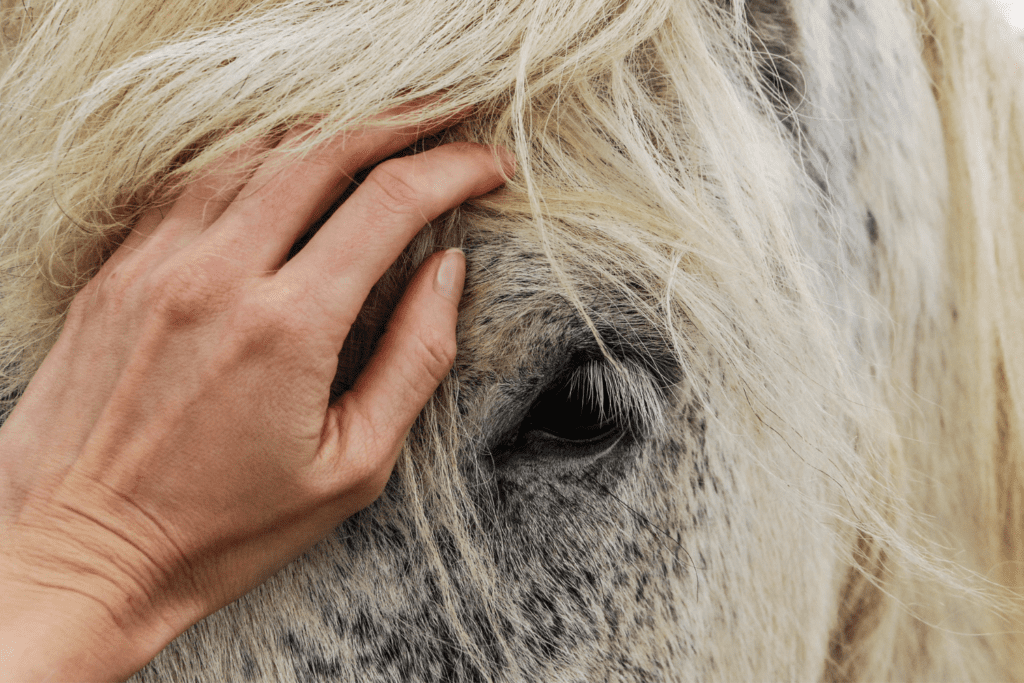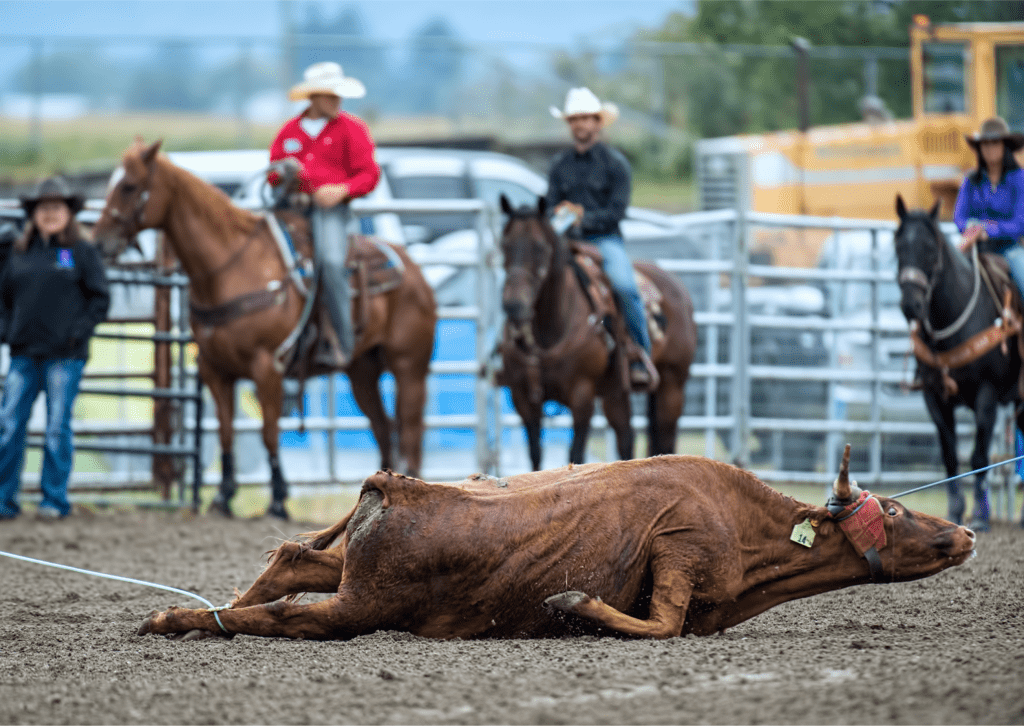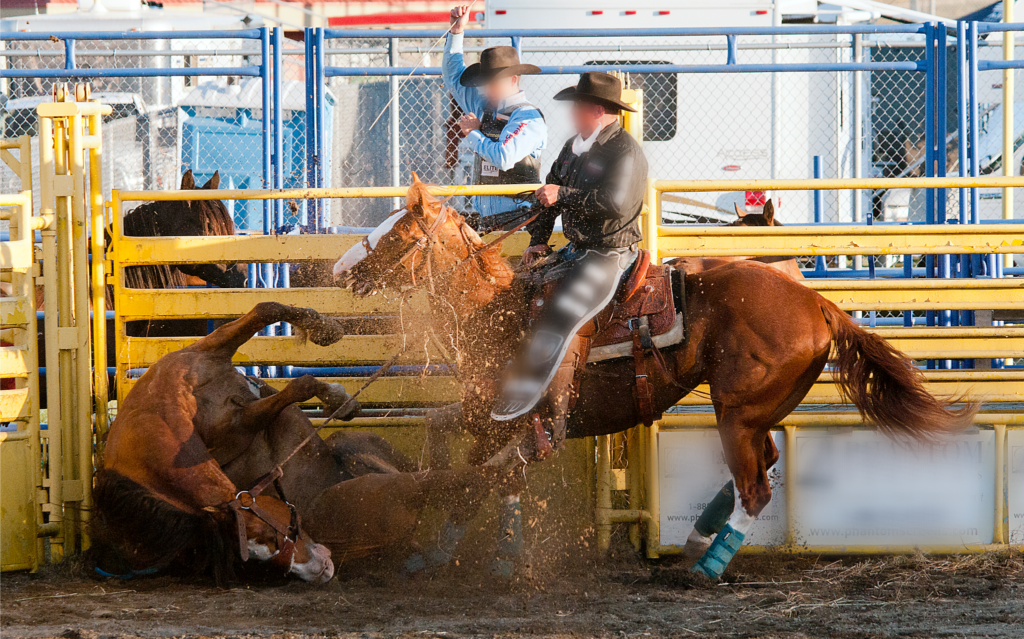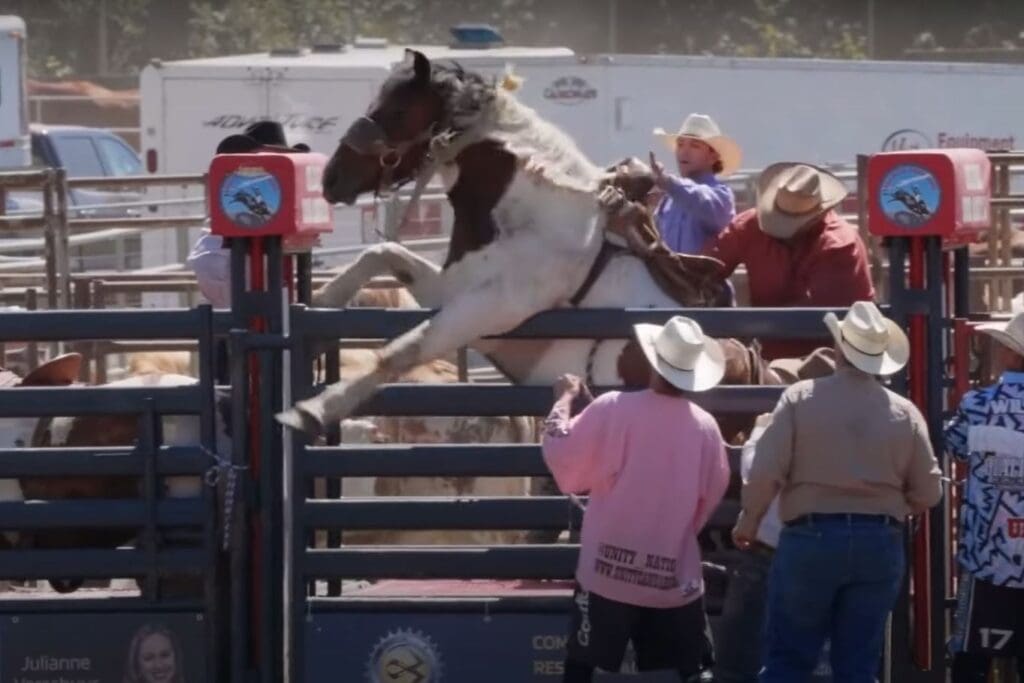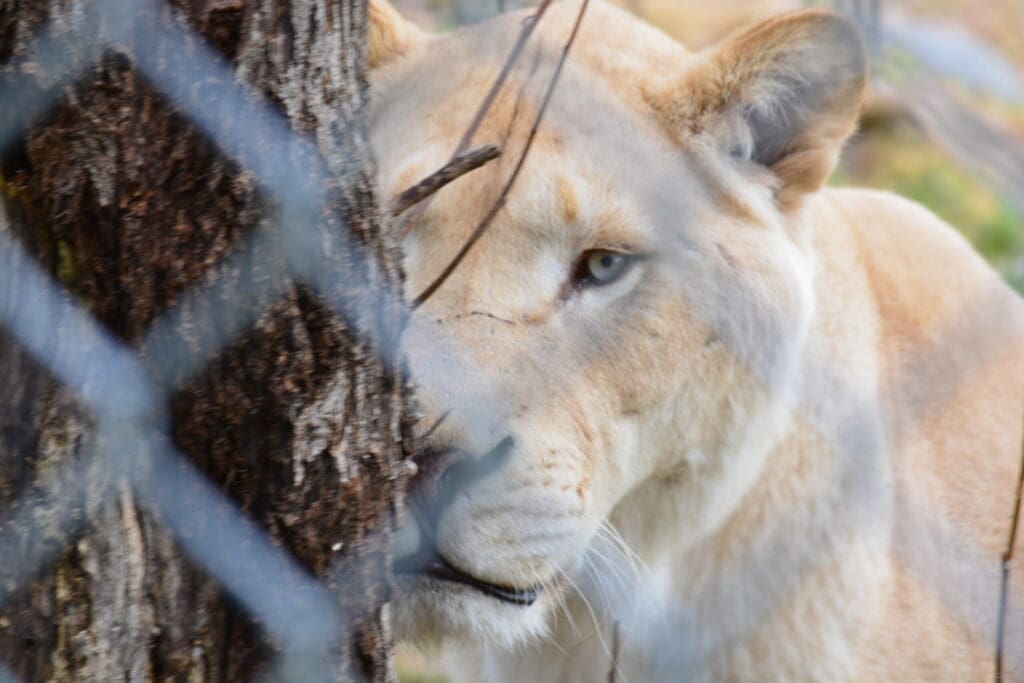Animals are not here for our entertainment.
The use of animals in entertainment—whether in rodeos, racing, events, or tourist attractions—often subjects them to unnatural conditions, stressful training methods, and confinement that fails to meet their physical and psychological needs.
Many animals used in entertainment endure cruel treatment, including the use of stressful and uncomfortable tools.
There are many ways to enjoy community events without subjecting animals to harm. It’s time to move away from exploiting animals for profit and entertainment.
Quick actions for animals in entertainment
Take action to help protect animals used in entertainment! These quick actions take less than 2 minutes to advocate for meaningful change..
Hastings racing season bookended by horse deaths
Another horse has died after being seriously injured during the final weekend of the racing…
Rodeo season wraps up with new actions, growing public opposition
Photo: Jordan Rivers \We Animals Media This summer, the VHS and supporters were hard at…
Heart-wrenching new B.C. rodeo footage captures stress and suffering of animals up close
Photos: Jordan Rivers \ We Animals Media New We Animals Media footage from the Coombs…
Another horse fatality at Hastings Racecourse
On August 9th 2024, a horse named Kiki’s Song of Life was euthanized after sustaining…
Advocacy continues after horse death at Calgary Stampede
Photo: Jo-Anne McArthur / We Animals Media. This year’s Calgary Stampede once again ended in…
Areas of focus
For decades, the Vancouver Humane Society has advocated to stop the suffering of animals used in entertainment, including rodeos, racing, carriage rides, and more. Read about the history of this work and
Latest updates
Stay informed on the latest issues affecting animals used for human entertainment. Explore recent updates, actions, blog posts, and media to learn how you can help advocate to stop their suffering.
After banning mobile petting zoos, Port Moody calls for B.C. regulations
Success for animals! Port Moody bans mobile petting zoos
Port Moody City Council votes to prohibit mobile live animal programs in Port Moody
Port Moody could soon ban mobile petting zoos
Hastings Racecourse season bookended by animal fatalities as another 2-year-old horse euthanized
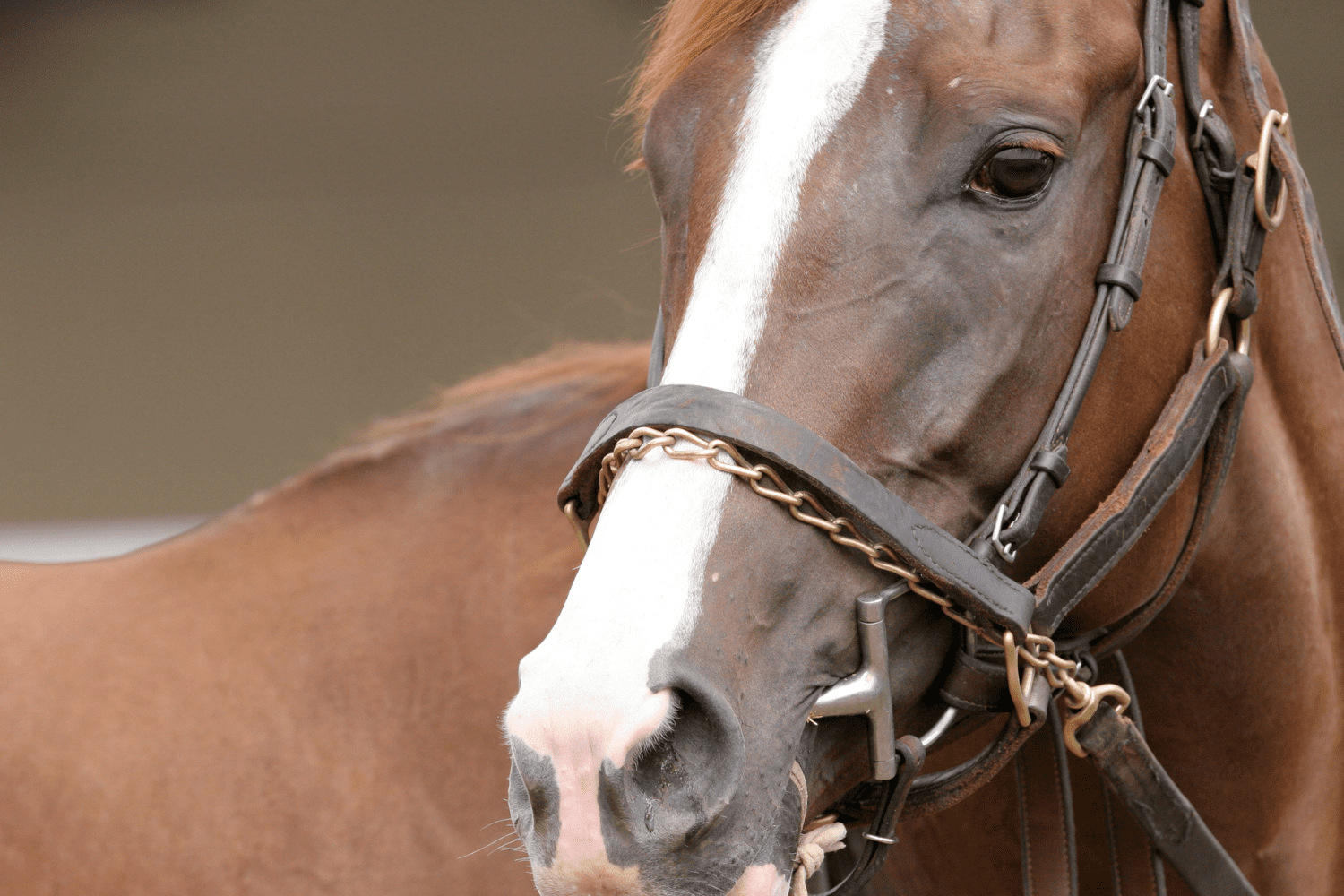
DONATE TODAY TO STOP THE SUFFERING OF ANIMALS USED FOR ENTERTAINMENT
In the media
Follow key moments in the work to end the use of animals in inhumane entertainment events. This timeline highlights major news, developments, and advocacy efforts shaping the conversation on animal welfare.
Past actions for animals in entertainment
Explore past actions for animals in entertainment and the impact they’ve made.
What happened at the Calgary Stampede rodeo and chuckwagon races in 2024?
Photo: Sportsnet Four animals were killed in the Calgary Stampede’s animal events in 2024: three…
Steer and three horses dead in Calgary Stampede’s cruel animal events
Photo: Jo-Anne McArthur \ We Animals Media Just four days into the Calgary Stampede rodeo…
Tell the Calgary Stampede to cut the cruelty
The 2024 Calgary Stampede is underway from July 5-14, and with it comes the controversial…
New footage reveals animal suffering at Chilliwack Rodeo
The Vancouver Humane Society (VHS) is again raising concerns of animal suffering at the annual…
Call for an end to inhumane events at Chilliwack Rodeo
This weekend’s Chilliwack Fair will feature controversial rodeo events including roping, wrestling, bucking and mutton…
#SayNoToRodeo at the Calgary Stampede
Photo: Jo-Anne McArthur \ We Animals Media. UpdateThe Vancouver Humane Society continues to advocate for…
Incident at this past weekend’s Princeton Rodeo illustrates animal welfare concerns
The Vancouver Humane Society (VHS) is raising concerns around an incident that occurred at a…
Port Moody passes motion to prohibit inhumane rodeo events
A big win for animals in Port Moody A recent motion to prohibit inhumane rodeo…
Call on your city council to prohibit inhumane rodeo events in your community
UpdateThis action has now ended. Thank you to the 4,143 advocates who used the quick…
Tell B.C.’s Minister of Tourism: No funding for inhumane rodeo events
UpdateThis action has now ended. Thank you to the 2,452 advocates who used the quick…
Call for a ban on inhumane rodeo events in your community
Ask your newly-elected Mayor & Council to protect animals from concerning rodeo events The return…
Update: Speaking up for sled dogs and wild animals in captivity
This summer, the VHS ramped up calls for changes to B.C.’s regulations on two…

